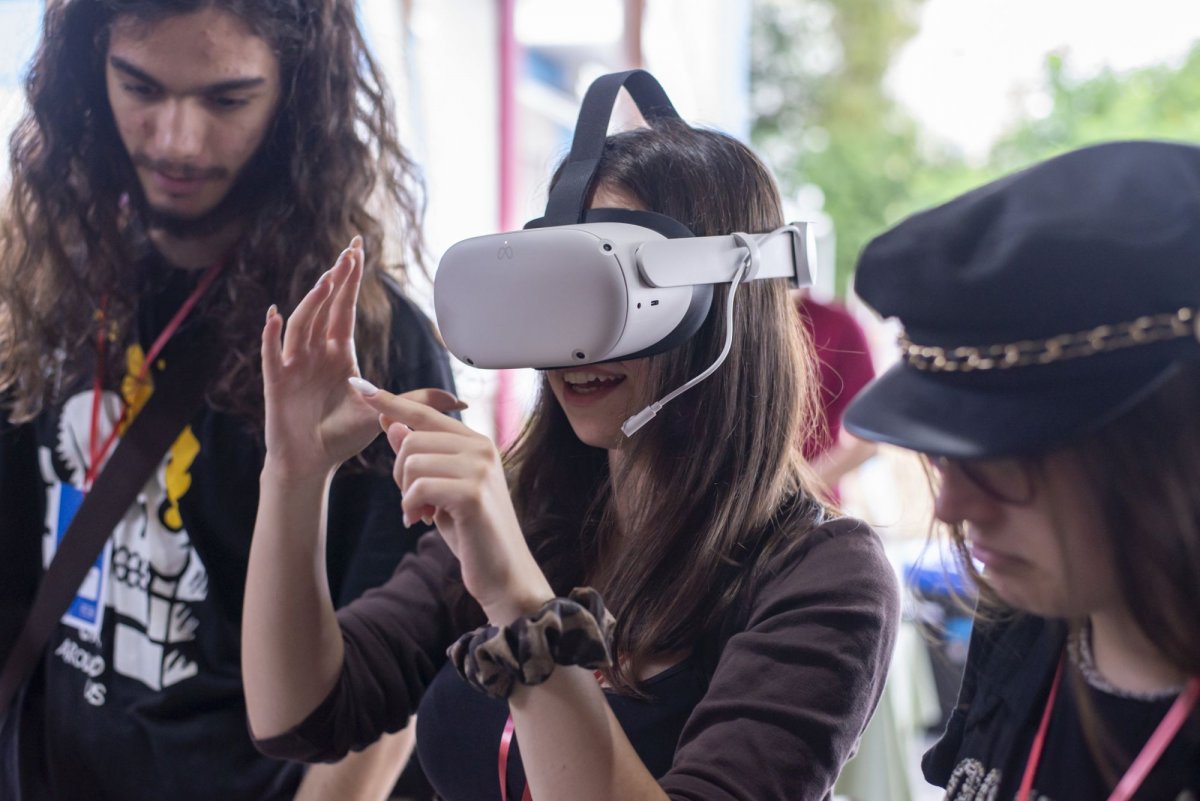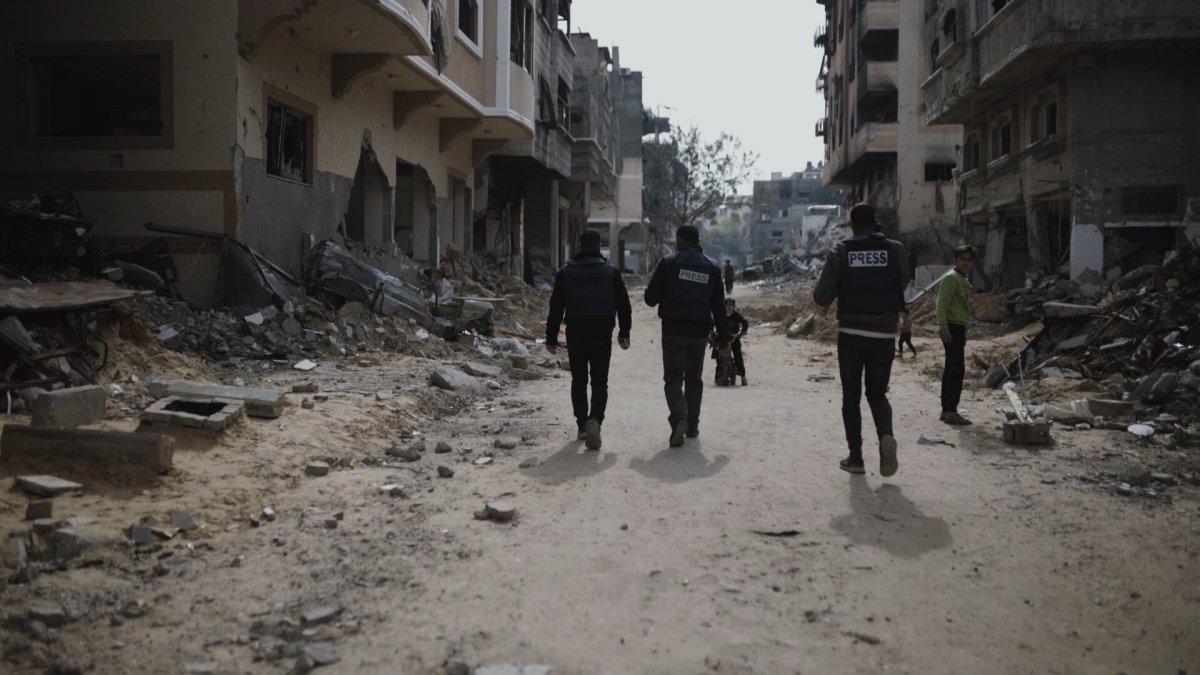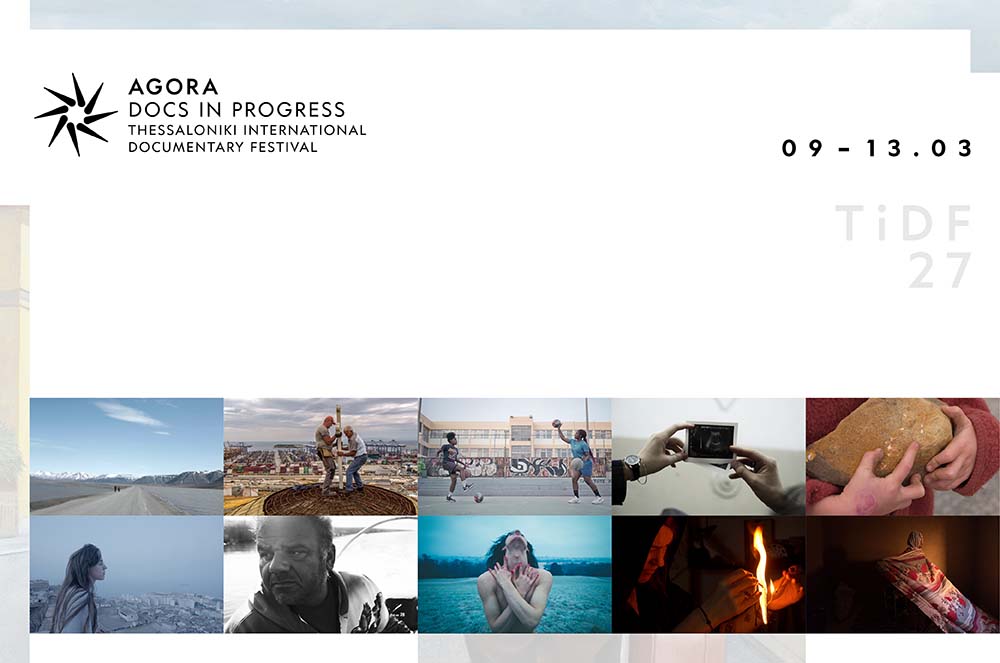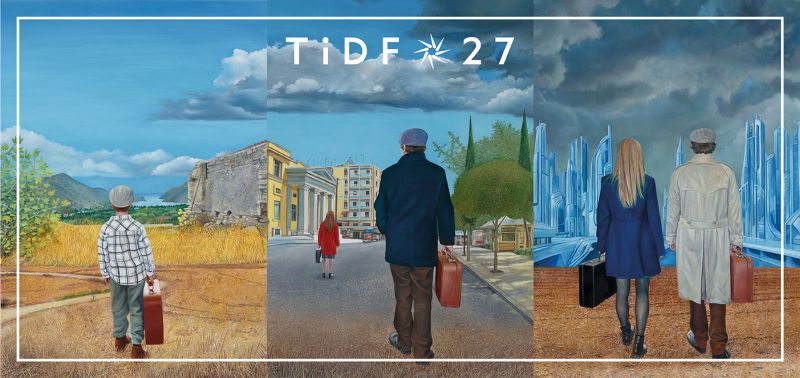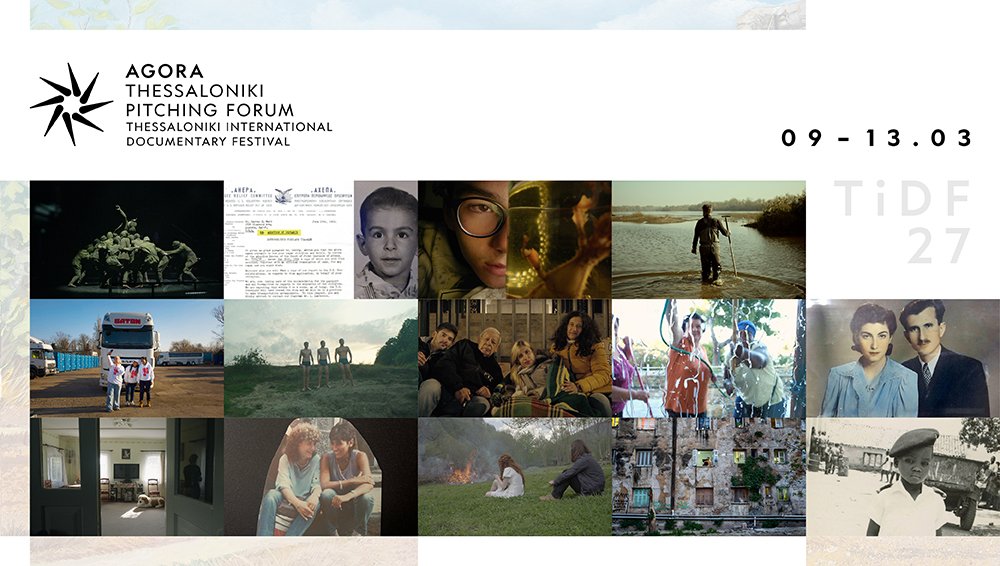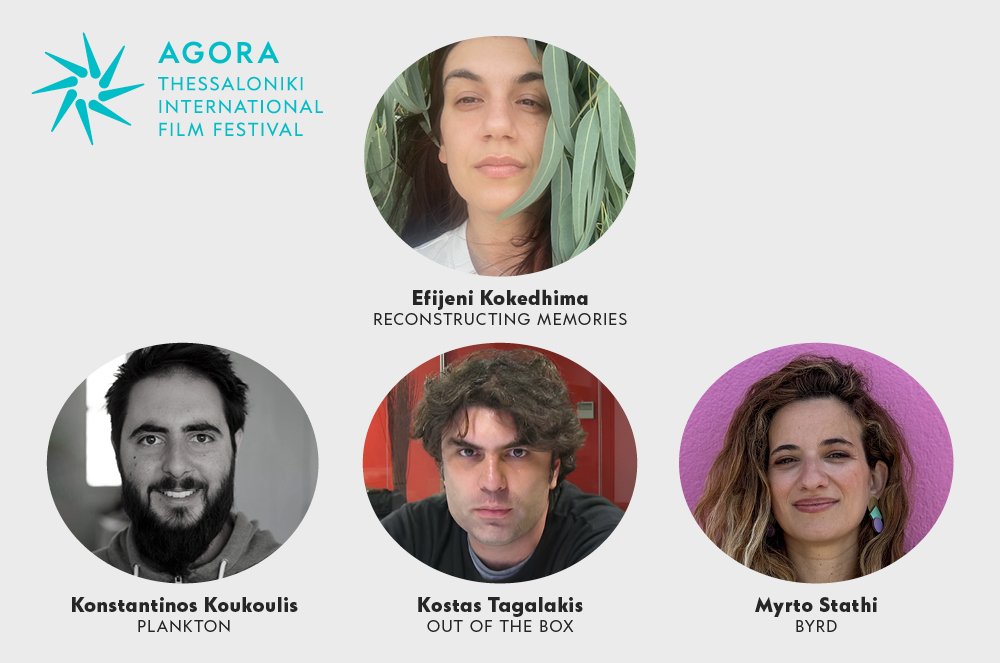On the occasion of the Μixed Ρeality (MR) project Paradise Lost, currently in the development stage, the interdisciplinary artist Yolanda Markopoulou delivered a masterclass, within the framework of a specialized workshop, specifically designed for the students of the Department of Digital Arts and Cinema of the National & Kapodistrian University of Athens, based in Psachna, Evia. Charalampos Rizopoulos, Professor at the National & Kapodistrian University of Athens, and Katerina Antonopoulou, Assistant Professor of interactive arts at the National and Kapodistrian University of Athens participated in the masterclass. Yolanda Markopoulou referred to the challenges in the creation of a Mixed Reality project in Greece.
The masterclass was prefaced by Lazaros Boudakidis, head of the Immersive - All Around Cinema section, who welcomed the students and the audience to the event, introducing the speakers and presenting the subject of the masterclass.
Initially, Yolanda Markopoulou thanked the Festival for the invitation and the students for their presence. She stated that she is optimistic as she is surrounded by young people who are at the beginning of their careers in the industry. She spoke of her great need to connect the Immersive world with the theater and talked about the creation of White Dwarf, which was showcased in 2022 as part of the 63rd Thessaloniki International Film Festival: "The original idea was for it to be an interactive project. However, with the advent of the pandemic, we had to turn it into VR. So, it became a 360-degree VR film, with a performative part that remained. It was showcased at the Thessaloniki International Film Festival, in a space created specifically for it,” she stressed, thanking the Festival for its VR section, which, as she stated, “grows and improves every year.”
Yolanda Markopoulou’s current project, entitled Paradise Lost, is in the development stage, and it is animation based. It tells the story of how a family is separated during the Asia Minor Catastrophe. She underlined that her desire is to enable the viewer to explore the digital world, while staying in touch with the real one. For this reason, she made the decision to approach this topic with a mixed reality project.
Yolanda Markopoulou referred to the world of Mixed Reality as a field that is “uncharted, with room for much experimentation,” while immediately after, she made a live casting so as the students could get a taste of the film. She noted that the fact we find it really difficult, in a Mixed Reality project, to understand what belongs to the digital world and what belongs to the real world, is interesting: "We convince our brain that this entire fabrication is real."
Immediately afterwards, the floor was taken by Katerina Antonopoulou, who made a brief reference to the courses of the undergraduate curriculum of the National & Kapodistrian University of Athens that are related to the production of Mixed Reality projects, emphasizing the interdisciplinary character of the subject: ”For the creation of such projects, cooperation between many different specialties is necessary – something that is the case in the artistic field as well,” she commented.
Next, she indicatively showed a number of student VR projects developed in the department's workshops, making a brief reference to the European projects in which the department participates. Within the framework of these projects, many workshops have been conducted and augmented and virtual reality projects have been developed.
Yolanda Markopoulou took the baton once more in order to speak on the “loneliness” prevalent in such VR creations, noting that this is due to the difficulty in designing 360° characters and giving them a soul, which results in most creators ending up creating lonely worlds. She stressed the difficulty of producing such films, particularly in Greece. She also raised the issue of storytelling and the problem of obsessing over the technological part: "A lot of times in VR we tend to “fast forward” towards the end and we are only interested in how the result will look in terms of image and presentation. Unfortunately, VR projects are often poor in storytelling," she mentioned.
She also talked about the need to think about who exactly we are addressing when we make such a film, but mainly to question ourselves on why we want to make a VR film, and whether or not this specific medium really serves us. She stressed the need for collaboration between the artistic and the purely technical fields. At this point, Ms. Antonopoulou pointed out that the new batch of students “will manage to bridge this gap in communication, as they have a variety of skills.”
Charalampos Rizopoulos stressed that, even though he is generally pessimistic, he is optimistic about the future of virtual reality and that he believes it will be more effective. Then, he posed the rhetorical question of whether ultimately "the medium serves our story, or vice versa? There is a big trap: just because we can construct something, is it really necessary to do so?” he commented. He also mentioned that when a new medium appears, it is expensive, difficult to use, and we have yet to discover the conventions in its syntax, advancing somewhat tentatively.
Next, Dimitris Haritos, Professor at the National & Kapodistrian University of Athens, quoted Alvin Wang Graylin, who had spoken on virtual reality, saying that its problem is not the technology, which is flourishing, but its content, which is poor. "There is a lack of an in-depth understanding of the characteristics of the medium," he said, agreeing with Mr. Rizopoulos. The speakers expressed the belief that the weakness of VR products lies more in the way the narrative is articulated than in the technology that supports it.
After the discussion, the students had the opportunity to watch Yolanda Markopoulou’s work, as well as the projects of the students showcased by Ms. Antonopoulou through a headset. After a chat in a relaxed atmosphere and a treat from Fischer, the Festival’s sponsor, their evening came to an end.


